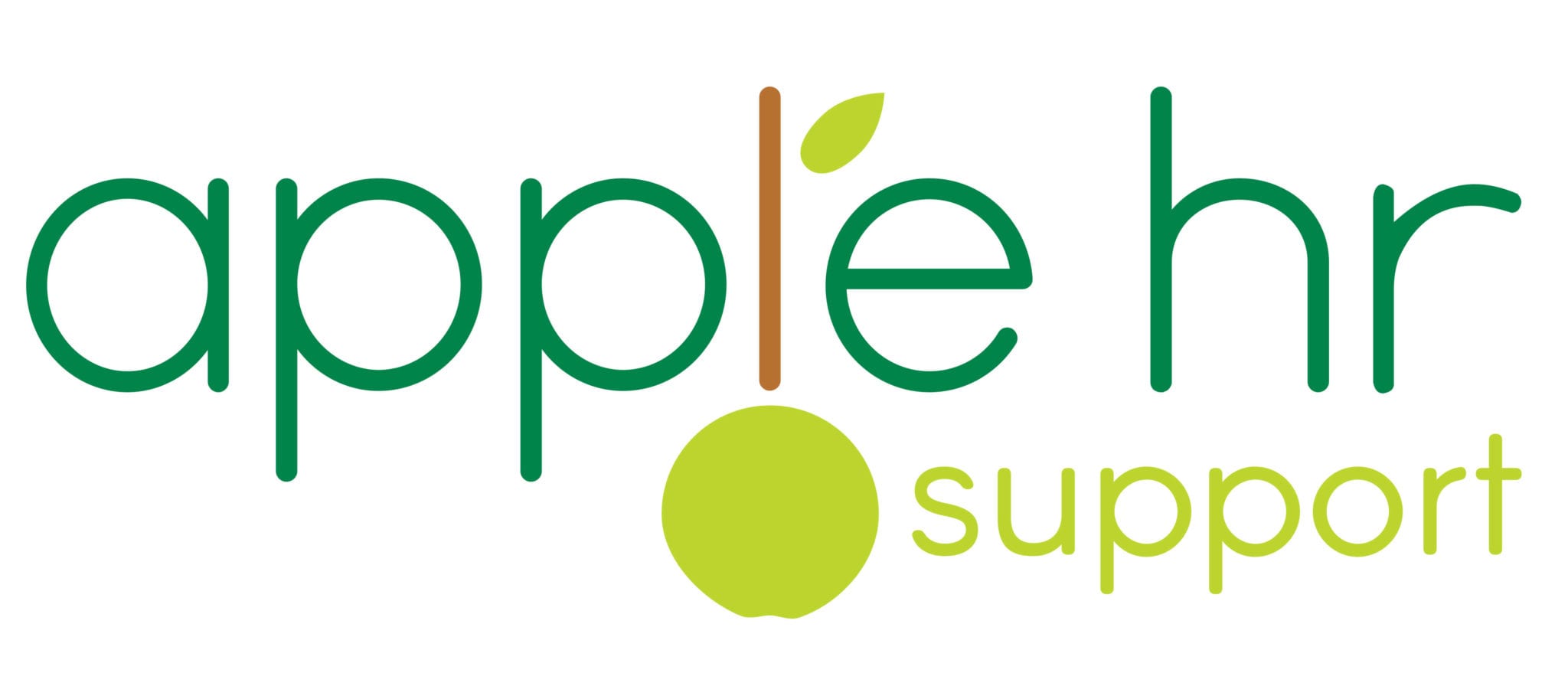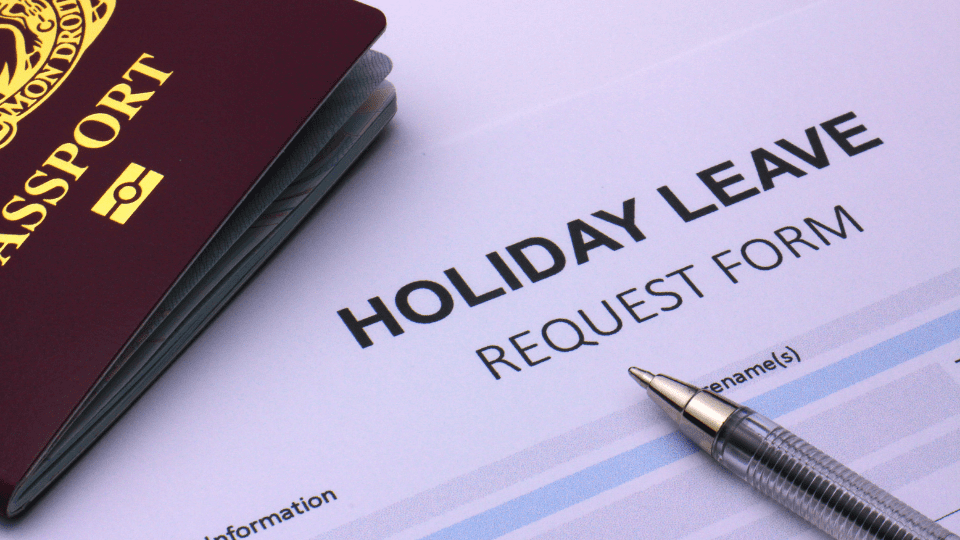Holiday entitlement is often a tricky thing for employers to get their heads around. Whether it’s working out a part-timer’s percentage entitlement, figuring out how many bank holidays someone is entitled to and how many must come out of their holiday days or even deciding how many of your team you can allow to have off at the same time over busy periods. It always seems to give employers a bit of a headache.
COVID has, once again, not helped the situation! With travel abroad being inhibited for so many of the early months of the year, many employees will have banked up the majority of their holiday entitlement to take when we are eventually set free.
This could become a real issue for many small and medium businesses. Having a large proportion of your team absent at the same time can have a detrimental effect on how your business functions and performs. For this reason, it is really important to know your legal rights and obligations in relation to holidays to ensure that your services run smoothly all year round.
Do employers have the right to require staff to take holidays?
The simple answer is yes, employers do have the right to tell employees and workers when to take holiday, as long as they give the right amount of notice. Although, they cannot do this for employees or workers who are on sick leave or family leave (maternity etc).
What should I do if I need to tell my team members to take holiday?
Here are a few examples of how to calculate the amount of notice required to make these decisions.
- An employer wants to shut for a week and team members to use their holiday entitlement.
If an employer decides to do this, they must give their team twice as many days’ notice before as the amount of days they need to take.
Example) Closing for 5 days means you should give your team 10 days’ notice.
- An employer wants a member of staff to take 4 days holiday the week of a bank holiday.
If an employer wants to do this, you must give twice the amount of days’ notice to your team as the amount of days given.
Example) 4 days holiday would warrant 8 days’ notice before the start of the holiday from an employer.
- An employer wants to cancel an employee’s pre-booked holiday.
If they decide to do this, an employer must give employees at least the same number of days’ notice as the original holiday request.
Example) If the employee has booked 5 days holiday, the employer must tell them at least 5 days before the holiday starts that it is now cancelled.
What if employees are not happy with the decision?
This can be a very difficult conversation to have with employees as it will affect their holiday and entitlement and should be approached with caution and sensitivity. Therefore, employers should:
- Explain clearly the reasons for doing so
- Listen to the employees thoughts and worries
- Try their best to resolve any negative feelings about how it will affect them and their holiday entitlement
Employees cannot usually turn the instruction to take leave down if it is reasonable and non-discriminatory so, making sure these situations are handled in a legally compliant manner is incredibly important for all businesses.
The best way to ensure that you are dealing with holiday entitlement in an appropriate way is to set out rules about when and how you can take leave in you employee contracts and handbook. These rules could be anything from forbidding leave at busy times of year or putting a system in place which ensures critical tasks are always covered by someone in the business.
Employment laws can be really difficult to deal with along with the stresses and strains of everyday running of a business. If you have any queries about how to tell employees they must take holiday, management training to help with difficult conversations of this nature or drafting new employee contracts and handbooks which set out your business demands clearly then please feel free to get in touch at info@applehr.co.uk.


